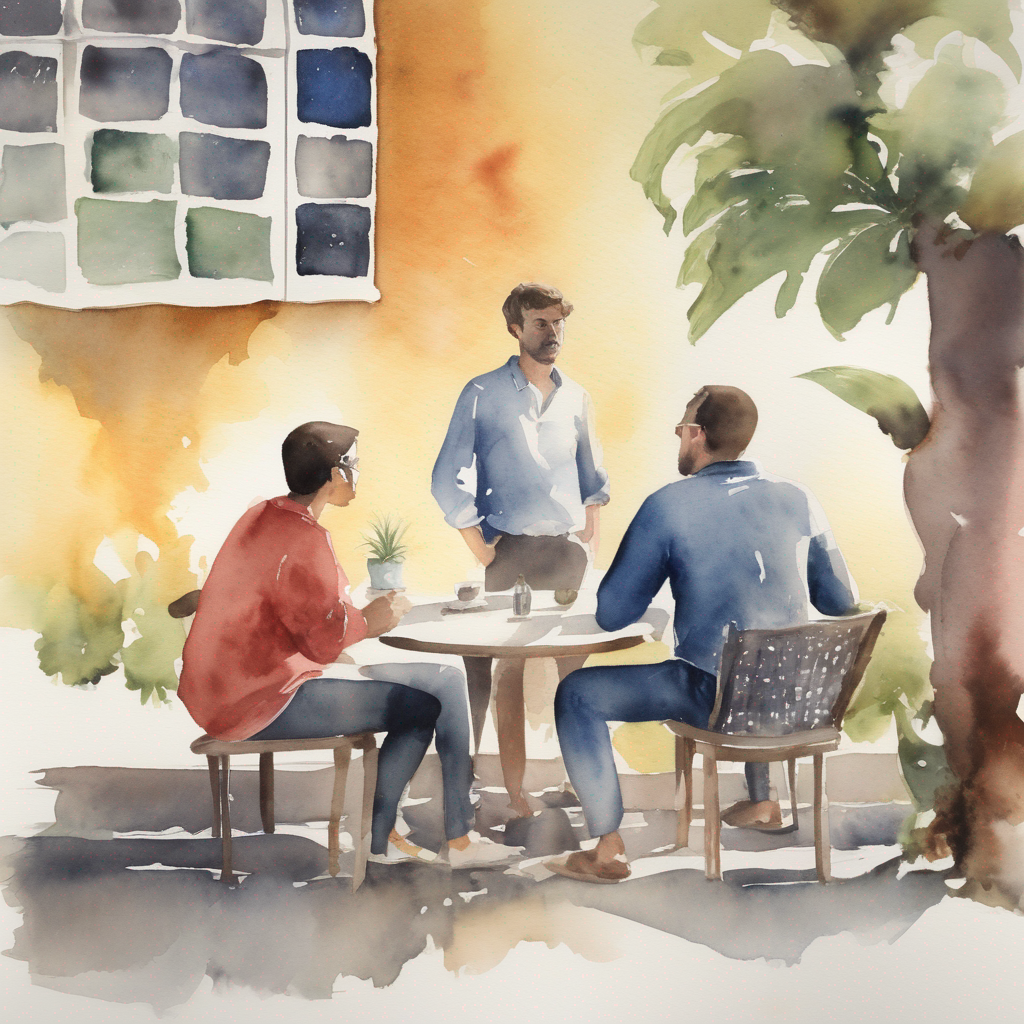We introverts may find it difficult to communicate our need for solitude without hurting the feelings of friends and family. However, it’s important to remember that taking time for oneself is a healthy and necessary part of self-care. So here are some tips for communicating your need for solitude in a way that is respectful and considerate:
Be honest and direct. Instead of making excuses about why you need alone time, be open and honest about your need for solitude.
Like this:
“Hey, I know we had plans to hang out this weekend, but I’m feeling really drained and in need of some alone time. It’s nothing personal, I just need some time to recharge and recharge. I hope you understand.”
This approach is not only honest and direct, but also respectful and considerate of the other person’s feelings. It doesn’t make excuses or lie, but instead acknowledges the need for alone time in a straightforward way.
It may help to frame your need for solitude as a positive thing. Explain that taking time for yourself allows you to recharge and be a better friend, family member, or colleague.
Try this:
“Taking time for solitude is not a negative thing, it’s actually a sign of self-awareness and self-care. It allows me to recharge, reflect, and come back to my relationships refreshed and energized. By taking that time, I can show up for the people in my life in a more engaged and empathetic way. So, don’t see my need for solitude as a rejection or a withdrawal, see it as a means to become a better, more present, and more understanding person in your life.”
You can also suggest alternative ways to connect. Instead of cancelling plans altogether, suggest alternative ways to connect, such as scheduling a virtual hangout or meeting for a quiet coffee instead of a crowded party.
For example:
“Hey, I know we planned to go to that crowded concert tonight, but I’m just not feeling up to it. Instead, how about we grab a quiet coffee at a cozy cafe instead? We can still catch up and spend time together, but in a setting that’s more comfortable for me. This way, we can still connect, but in a way that works better for both of us.”
This is a win-win solution that respects both parties’ needs and preferences. The introvert gets a low-key hangout, while the extrovert still gets to spend time with their friend!
Finally, be empathetic. Understand that others may not fully understand your need for solitude, so try to be understanding and compassionate in your explanations.
Maybe start a discussion like this:
“I understand that not everyone may understand why I need alone time, and that’s okay. It’s important for me to communicate my needs in a way that’s clear and considerate. I can do this by using “I” statements, such as ‘I’m feeling a bit overwhelmed and need some time to recharge,’ rather than putting the onus on you. I also acknowledge that my need for solitude may be different than your needs and that’s okay too. Ultimately, I need to communicate my boundaries and needs in a way that’s honest and kind.”
Empathy is a powerful tool that can help foster understanding and respect between people with different needs and preferences.
Don’t be consumed by guilt when you prioritize your own needs. Taking care of yourself is not selfish – it’s an act of self-respect and self-compassion. When you prioritize your own wellbeing, you are ultimately being a better version of yourself for the people around you.
Remember that you can’t pour from an empty cup – by taking the time to recharge, you are ensuring that you have the energy and resources to be there for the people you care about. It’s okay to say no, to set boundaries, and to take time for yourself – it’s not only okay, it’s necessary for your health and happiness.
